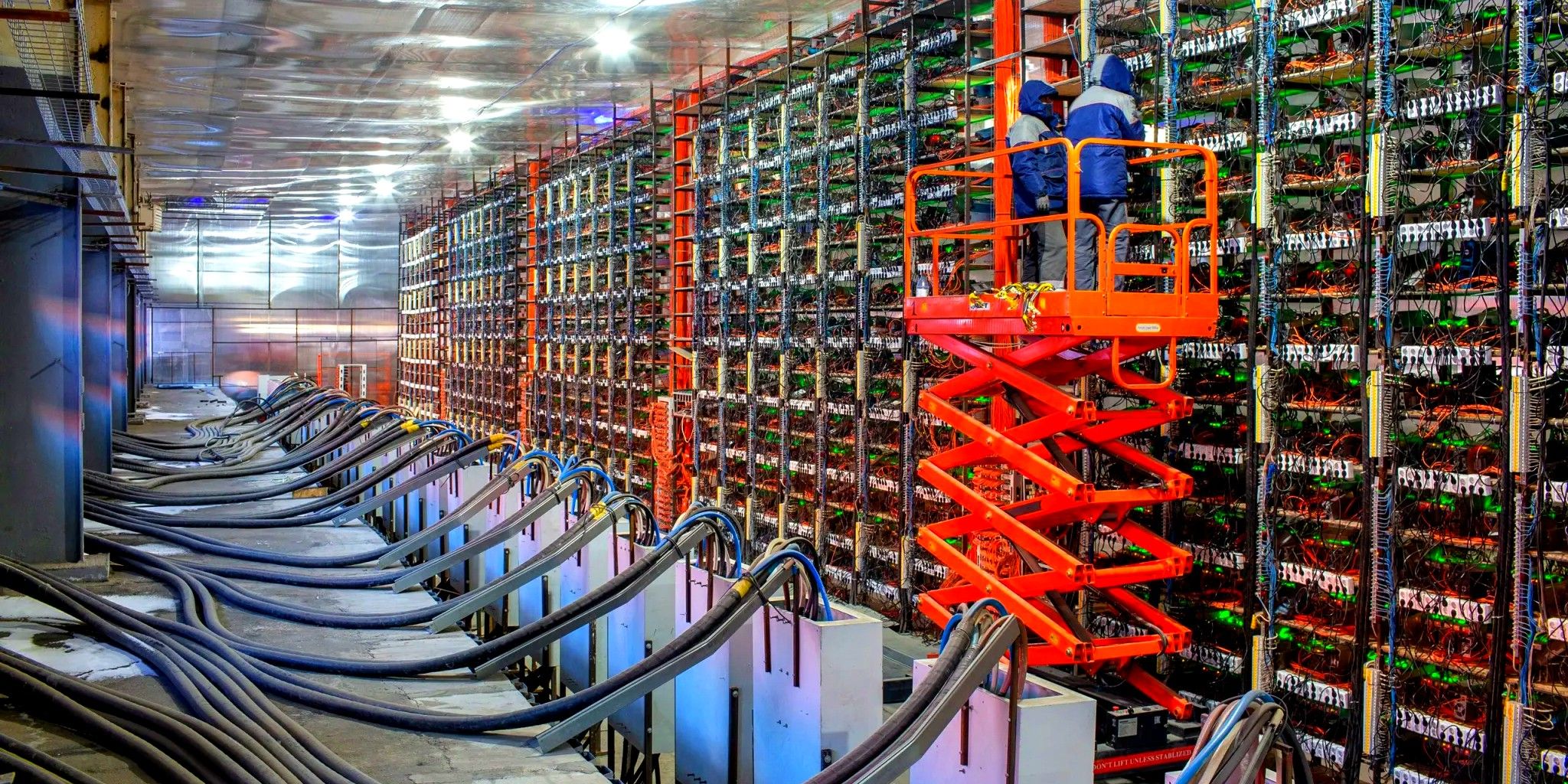Bitcoin is known as much for its limited supply as it is for the use of cryptocurrency mining to work, but mining for new bitcoins will eventually become unprofitable as the limited supply runs out. Satoshi Nakamoto, the mysterious creator of Bitcoin, designed BTC to be a “hard” commodity like gold that cannot be inflated by central banks, requiring crypto mining to create. If mining becomes unprofitable, miners will shut down and the network will become more centralized, threatening its fundamental value proposition.
Every four years, the Bitcoin blockchain’s ‘block reward’ is halved, cutting miners’ income in half and starting a 2-year price rally. From 50 BTC in 2009, mining rewards have since dropped to 6.25 BTC per block, and by 2032 miners will earn less than 1 BTC. Since BTC has six decimal places of divisibility, the block reward will trend towards zero every four years until it finally runs out in 2140. Bitcoin mining is energy intensive and has some environmental impact, costing miners a small fortune to mine and commanding higher prices to remain profitable.
As Decrypt discusses, after all 21,000,000 bitcoins have been mined, the Bitcoin miners will have to rely on transaction fees to sustain their business model, which may not be sufficient depending on how in demand the blockchain is. Because each block in the blockchain has limited space and is created (roughly) every 10 minutes, competition for block space can become fierce when the network is under high demand, causing the blockchain’s transaction fees to skyrocket. These sky-high transaction fees are believed to be the long-term solution to Bitcoin’s long-term mining problem, but would require Bitcoin’s mainnet to be used only for high-value transfers, while low-value transfers would have to be handled by ‘Layer 2’ solutions such as the Lightning Network.
The crisis will hit much earlier than 2140
Most outlets discussing the future of Bitcoin mining seem to assume that the mining crisis will hit after the last fraction of a BTC is mined, but miners will likely face this crisis within a few decades. By 2041 BTC miners will be competing to earn just under 0.2 BTC, and by 2061 the reward will be 0.006 BTC, requiring a multi-million dollar price tag (pre-inflation) to remain profitable at the same energy costs. Unless an energy-efficient cryptomining chip can be designed for Bitcoin, or green options for cryptomining become widely available, miners will have to rely on exorbitant fees or be forced to shut down operations.
On the pessimistic side, if enough miners quit, the remaining miners could form cartels to charge huge transaction fees and potentially give themselves the ability to censor transactions, which could crash the demand for Bitcoin altogether and result in the death of the blockchain. On the optimistic side, miners have the ability to change the Bitcoin protocol if they can reach a majority agreement to do so, which could allow increasing the hard cap on BTC or switching from ‘Proof-of-Work’ mining to ‘Proof – of-Stake’ staking. However, such radical changes to Bitcoin’s core protocol and value proposition are highly unlikely unless there is a compelling reason for all miners to agree to them, as cryptominers are independent agents with individual beliefs and ideological convictions, and will only agree to a massive change . if the alternative is extinction.
Most people who discuss this topic end with the attitude of “it’s not our problem“, but this does not provide good incentive for casual or serious investors to buy bitcoin as a form of multi-generational wealth if it can potentially collapse on itself in the future. If BTC’s price does not rise into the millions, and if crypto mining costs do not decrease, then Bitcoin miners will be forced to shut down en masse. If too many miners quit, Bitcoin will become centralized and corrupt, ending its fundamental value proposition. This crisis could begin within just a few decades if the profitability of Bitcoin mining slows too much for the network to remain decentralized.
Source: Decrypt



